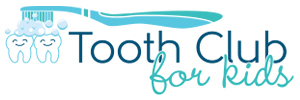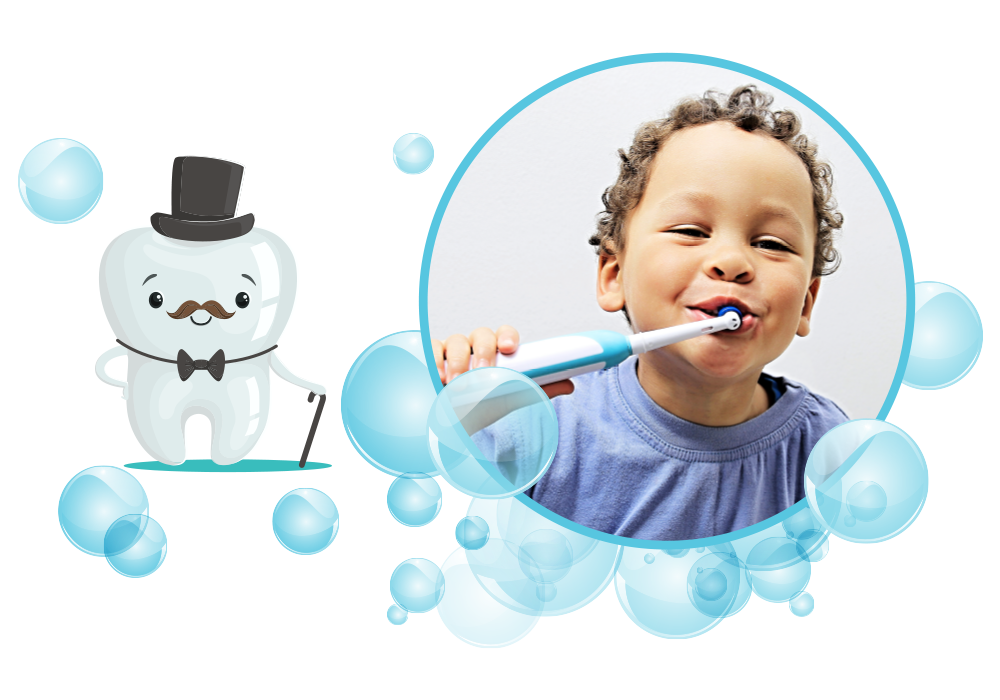Our Dental Services
Pediatric Sedation Dentistry
Our dentist are a certified pediatric dentist with many years of experience as a sedation dentist treating pediatric patients. We're committed to providing dental care for your child in the most compassionate and comfortable way possible. Many children are nervous about going to the dentist for the first time and may have unique dental problems that intensify their worries. These fears can be easily relieved by using routine strategies, but more advanced techniques are sometimes needed to help the child to relax and trust us.
Part of pediatric dental training includes early childhood development and childhood psychology. Our dentist are well-versed in effective behavioral management techniques. Please feel free to discuss any concerns or behavioral problems with our doctor during your visit. We encourage open communication between the doctor, the patient, and the parent, especially when it comes to behavior management.
General Anesthesia Sedation
IV sedation is used to ensure that your child receives his or her dental care in a safe, controlled, and stress-free manner. During an IV sedation appointment, an anesthesiologist is at Tooth Club For Kids to administer medications and ensure that while your child is asleep, he or she is safe and comfortable. While asleep, all of your child’s dental issues will be carefully treated by our dentist.
IV sedation is recommended for apprehensive children, very young children, and children with special needs that might need more than conscious sedation. Our dentist then performs the necessary treatment in our office. The I.V. sedation is administered and monitored by an anesthesiologist.
Prior to your appointment:
- Please notify us of any change in your child’s health and/or medical condition. Do not bring your child for treatment with a fever, ear infection or cold. Should your child become ill, contact us to see if it will be necessary to postpone the appointment.
- You must tell the doctor of any drugs that your child is currently taking and any drug reactions and/or changes in medical history.
- Please dress your child in loose fitting, comfortable clothing.
- Please make sure that your child goes to the bathroom immediately prior to arriving at the office.
- Your child should not have milk or solid food after midnight prior to the scheduled procedure, and clear liquids ONLY (water, apple juice, Gatorade) for up to 6 hours prior to the appointment.
- The child’s parent or legal guardian must remain at the office during the procedure.
After the sedation appointment:
- Your child will be drowsy and will need to be monitored very closely. Keep your child away from areas of potential harm.
- If your child wants to sleep, place them on their side with their chin up. Wake your child every hour and encourage them to have something to drink in order to prevent dehydration. At first it is best to give your child sips of clear liquids to prevent nausea. The first meal should be light and easily digestible.
- If your child vomits, help them bend over, and turn their head to the side while they sleep to ensure that they do not inhale the vomit.
Please call our offices for any questions or concerns.
Nitrous Oxide
Some children may feel anxious before or during treatment and may need more support than a gentle, caring manner to feel comfortable. Our dentist can provide these children with nitrous oxide/oxygen, or what you may know as laughing gas, to relax your child for his or her dental treatment. Nitrous oxide/oxygen is a blend of two gases, oxygen and nitrous oxide. Nitrous oxide/oxygen is given through a small breathing mask that is placed over the child’s nose, allowing the child to relax, but without inducing sleep.
The American Academy of Pediatric Dentistry recognizes this technique as a very safe, effective way for treating a child’s dental anxiety. The gas is mild, and easily administered. Through normal breathing, it is quickly eliminated from the body. It is non-addictive. When inhaling nitrous oxide, your child remains fully conscious. Additionally, it works well for children whose gag reflexes interfere with dental treatment.
Prior to your appointment with us call our office if....
- Any changes to your child’s health and/or medical condition.
- Tell us about any respiratory condition that makes breathing through the nose difficult for your child. It may limit the effectiveness of the nitrous oxide/oxygen.
- Let us know if your child has taken any medication on the day of the appointment.
Oral Conscious Sedation
When providing oral conscious sedation, our dentist will prescribe your child a liquid medication to be given to them thirty minutes prior to their procedure. This medication will relax and calm your child, and sometimes can make them sleepy. However, it is not intended to put them to sleep. They will still be able to respond to certain stimuli and will have the ability to breathe normally and independently and will remain conscious. In most cases, your child will have no recollection of the procedures performed by our pediatric dentist. It it is not unheard of for a child to remember bits and pieces of the appointment, and we are proactive in speaking very positively throughout the procedure so that if your child does have any memories, they will be happy and positive ones.
Procedures requiring the use of oral conscious sedation, will generally be scheduled in a 1.5- to 2-hour block of time. During such appointments your child’s safety is of the utmost importance to us. So, our team will be sure to inform you of all necessary guidelines and instructions regarding food and drink the day of the appointment as well as the prior day.
After the sedation appointment:
- Your child will be drowsy and will need to be monitored very closely. Keep your child away from areas of potential harm.
- If your child wants to sleep, place them on their side with their chin up. Wake your child every hour and encourage them to have something to drink in order to prevent dehydration. At first, it is best to give your child sips of clear liquids to prevent nausea. The first meal should be light and easily digestible.
- If your child vomits, help them bend over, and turn their head to the side while they are lying down to ensure that they do not inhale the vomit.
Please call our office with any questions or concerns that you might have.


